About Publications Library Archives
heritagepost.org

Preserving Revolutionary & Civil War History

Preserving Revolutionary & Civil War History
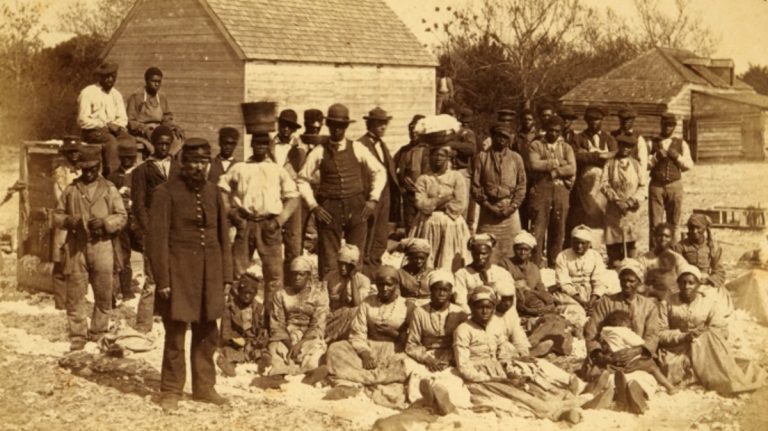
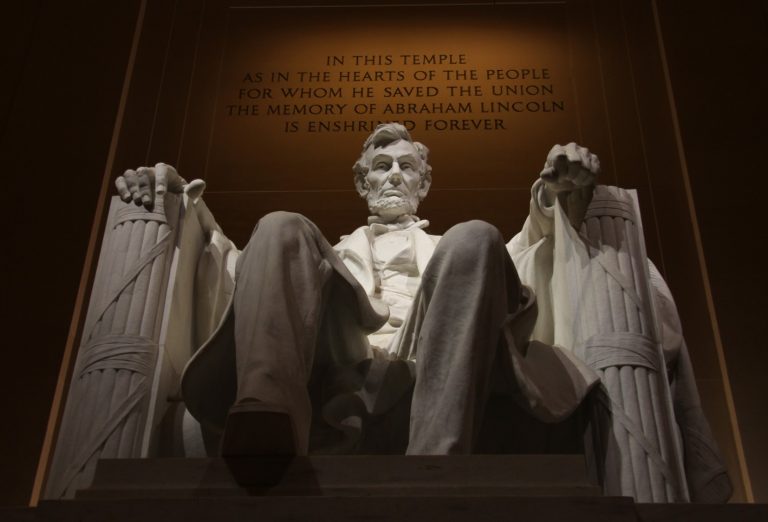
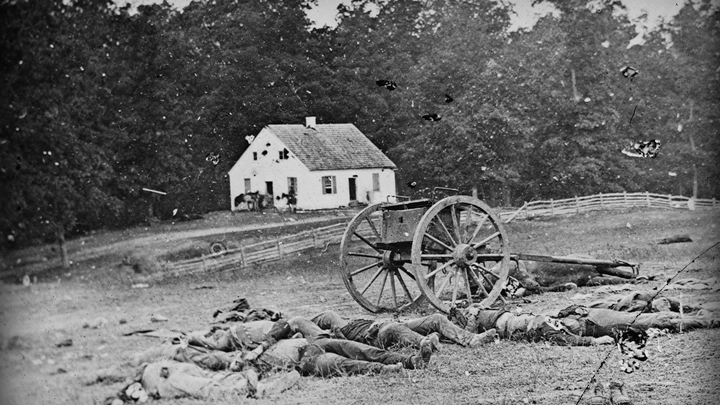
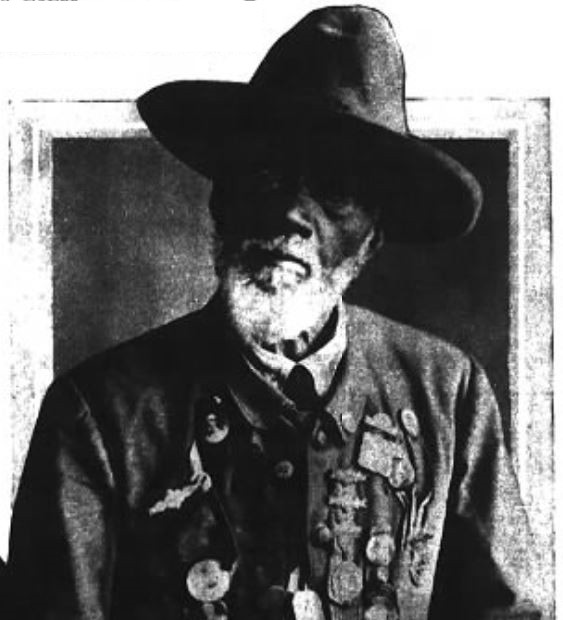
The History of the Life of Rev. Wm. Mack Lee states that its author, William Mack Lee (1835-1932), was a body servant and cook for General Robert E. Lee during the Civil War and until the general’s death in 1870. However, this claim, like many others in W. M. Lee’s brief 1918 autobiography, has been disputed by…
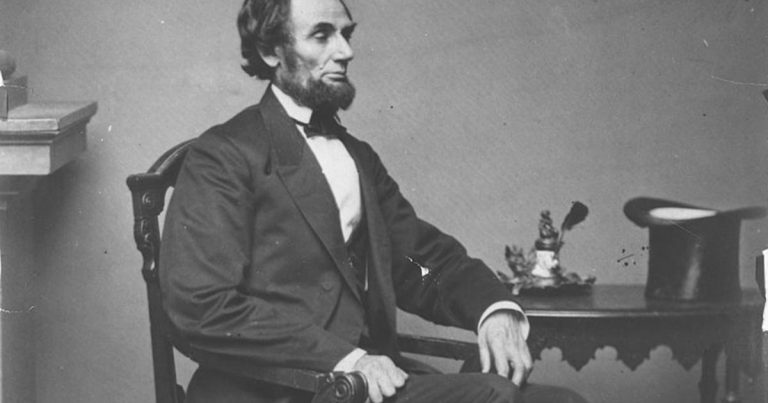

MAJOR REVIVALS broke out in the Civil War armies. In the Union Army, between 100,000 and 200,000 soldiers were converted; among Confederate forces, approximately 150,000 troops converted to Christ. Perhaps 10 percent of all Civil War soldiers experienced conversions during the conflict. Abraham Lincoln, though he knew the Bible thoroughly and spoke often of an…
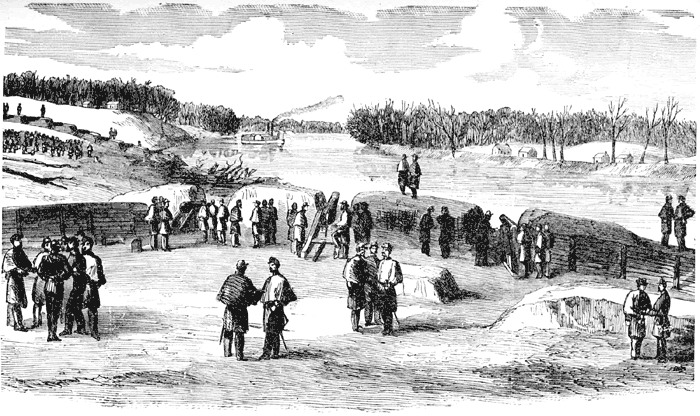
Report of Col. Roger W. Hanson, Second Kentucky Infantry (Confederate). Richmond, Va., August 8, 1862. On February —, in pursuance of orders, I proceeded, with my regiment upon the cars, from Russellville, Ky., to Clarksville, Tenn. When I arrived there I was ordered by General Pillow to embark immediately for Fort Donelson. I arrived there…
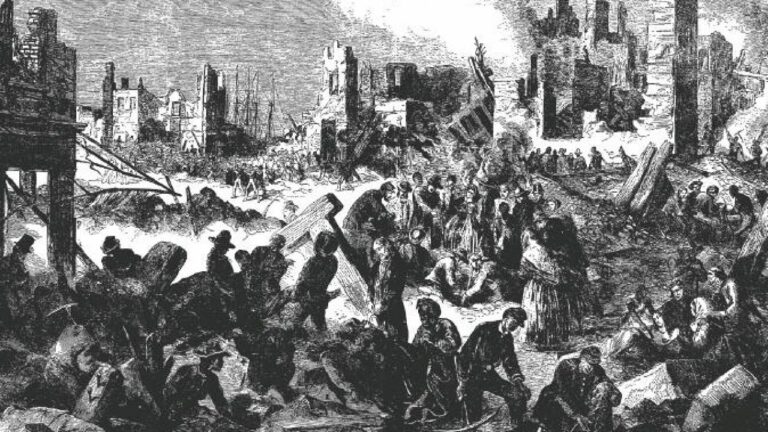
Midway through 1861, well-known Richmond chemists Edward T. Finch and Joseph Laidley lent their expertise to the Confederacy in a risky venture: gun powder production. Each was among the most respected in his field in Virginia, but working with highly combustible material was out of their comfort zones. Before the war, Finch boasted in the…
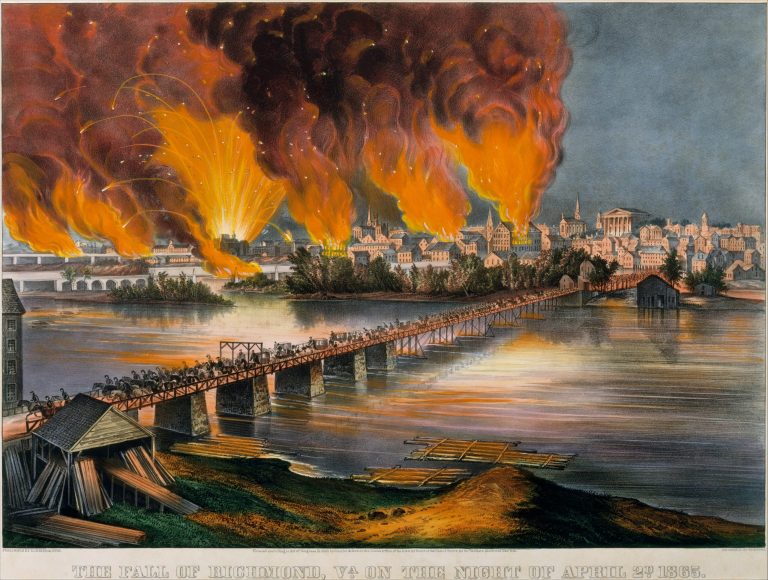
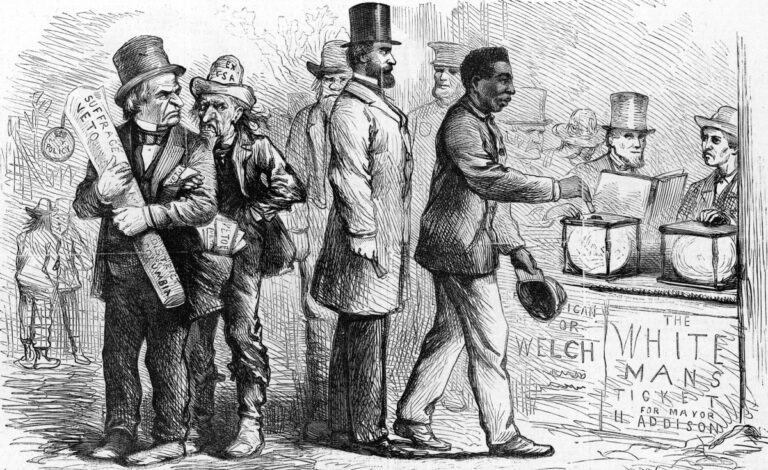
Encouraged by President Johnson’s evident intention to return to them the management of their own affairs, Southern legislators, elected by white voters, passed what came to be called Black Codes. Their very evident purpose was to reduce free blacks to a new kind of legal servitude distinguished by all the disadvantages of slavery and none…